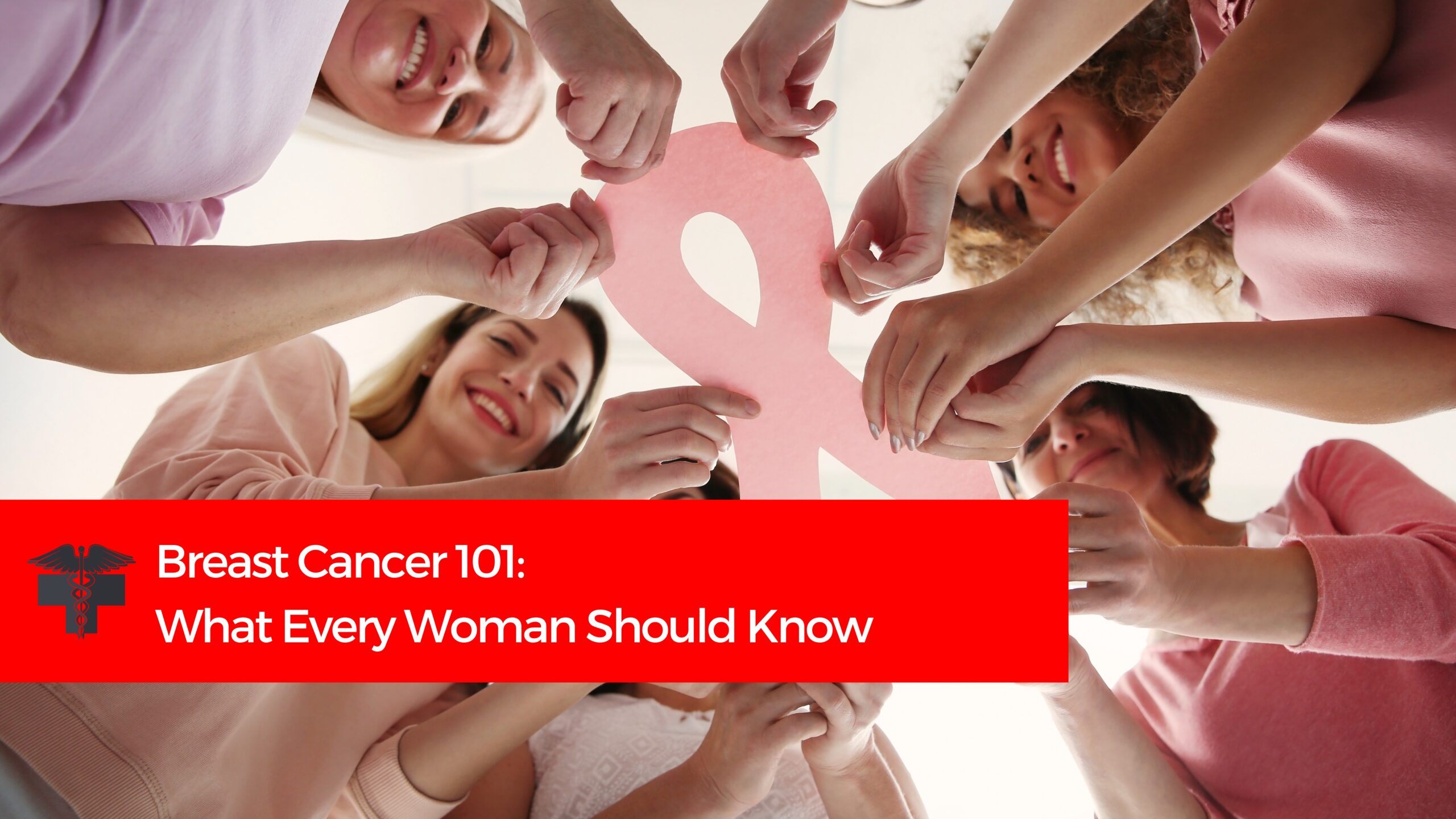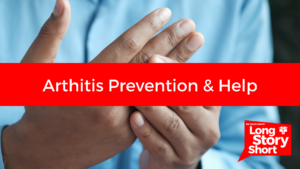When it comes to breast cancer, knowledge truly is power. The more you know about risk factors, warning signs, and prevention, the more empowered you are to protect your health and encourage a loved one to do the same.
What Is Breast Cancer?
Breast cancer begins when abnormal cells in the breast grow and multiply out of control. While it’s one of the most common cancers among women, it’s also one of the most treatable especially when caught early.
Breast Cancer by the Numbers
- 1 in 8 women will be diagnosed with breast cancer in their lifetime.
- It’s the most common cancer among women worldwide.
- Early detection saves lives when breast cancer is found early, the survival rate is over 90%.
These numbers can feel overwhelming, but they also show why awareness and screening matter so much.
Who’s at Risk?
- Age: Risk increases as women get older.
- Family history: Having a close relative with breast cancer raises your chances.
- Lifestyle factors: Obesity, smoking, and alcohol use can play a role.
- Genetics: Inherited gene mutations (like BRCA1 or BRCA2) can increase risk.
Even if you don’t fall into these categories, every woman should stay proactive about breast health.
Warning Signs to Watch For
Not all breast cancers come with obvious symptoms, but here are a few to take seriously:
- A new lump or mass in the breast or underarm
- Changes in size, shape, or skin texture
- Unexplained nipple discharge
- Redness, swelling, or persistent pain
If you notice something unusual, don’t wait. Get it checked.
Healthy Lifestyle Choices That Lower Risk
While no one can prevent breast cancer entirely, practicing healthy habits can make a real difference:
- Stay active: Aim for at least 150 minutes of moderate exercise each week.
- Eat smart: Focus on fruits, vegetables, lean proteins, and whole grains.
- Limit alcohol: Even small amounts can raise risk. Less is better.
- Maintain a healthy weight: Especially after menopause, extra weight increases estrogen, which can fuel cancer growth.
- Don’t smoke: Avoiding tobacco supports your whole-body health, not just breast health.
- Prioritize sleep and stress management: Both can strengthen your immune system and hormone balance.
When Should You Start Screening?
The right time for mammograms depends on your personal risk factors:
- Average risk: Most women should begin mammograms at age 40, then continue every 1–2 years.
- High risk: Women with a family history or genetic factors may need to start earlier. Sometimes as young as age 30.
- Clinical exams & self-awareness: Regular checkups with your provider, paired with being familiar with your own breasts, help you notice changes early.
Always talk with your healthcare provider about your unique risk and the best plan for you.
Men Get Breast Cancer Too
Though rare, breast cancer does affect men. About 1 in 833 men will be diagnosed in their lifetime. Men should also be aware of symptoms like lumps, nipple changes, or unusual discharge.
The Emotional Side of Breast Cancer
Breast cancer isn’t just physical. It takes an emotional toll, too. Anxiety, fear, and uncertainty are normal. Reaching out for support whether that’s talking with family, joining a survivor group, or speaking with a counselor can make the journey less overwhelming.
How to Be Proactive Today
Here are four small steps you can take right now:
- Learn your family history
- Talk to your doctor about when to start screening
- Practice regular breast self-awareness
- Build healthy daily habits
Take Away
Breast cancer touches so many families, but you’re not powerless. Awareness, prevention, and early detection can truly save lives.





 and then
and then